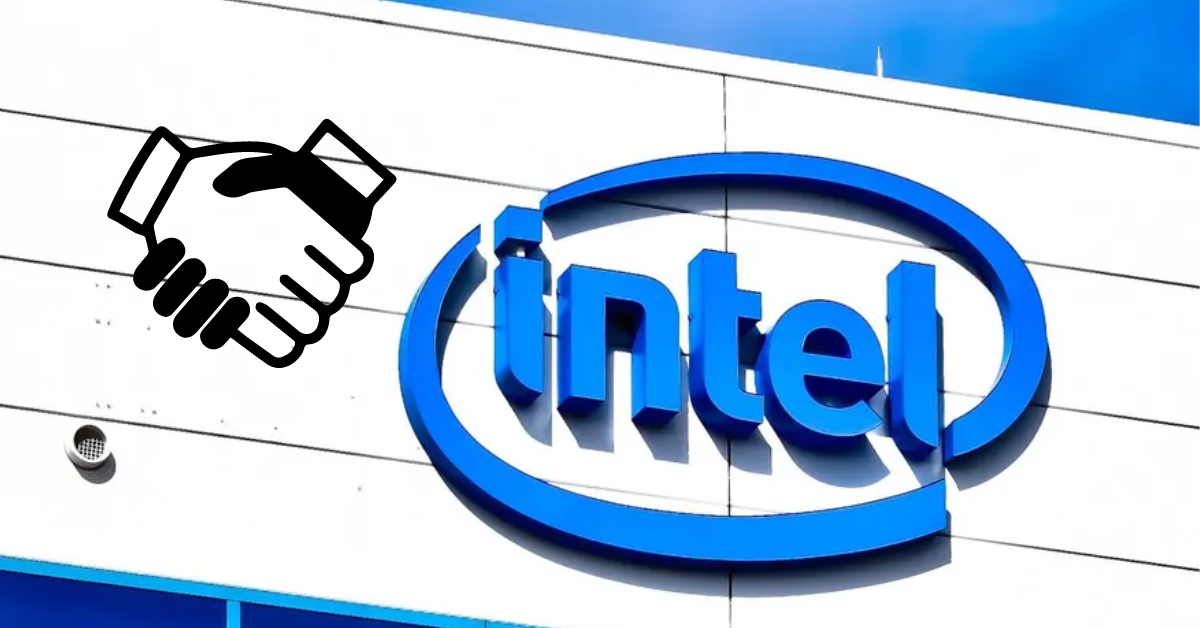Intel, the U.S. chipmaker, is set to make history with the largest-ever foreign investment in Germany. The company will spend over 30 billion euros ($33 billion). The funds will be spent on establishing two chip-making plants in Magdeburg as part of its expansion plans in Europe. The move represents Berlin’s efforts to attract foreign investment and boost its high-tech production capabilities.
—
Deal details
To support the venture, the German government has agreed to provide subsidies worth nearly 10 billion euros to Intel. This surpasses the initial offer of 6.8 billion euros. Chancellor Olaf Scholz praised the deal. Scholz stated that it marks a significant milestone for Germany’s high-tech production sector and enhances its resilience.
Intel CEO Pat Gelsinger expressed gratitude towards the government and the state of Saxony-Anhalt for their support in realising the vision of a cutting-edge semiconductor industry in Germany and the EU. The company has been actively investing billions in constructing factories worldwide. The investment is part of its efforts to regain dominance in chipmaking and compete effectively against industry rivals like AMD, Nvidia, and Samsung.
The agreement with Germany follows Intel’s recent major investments in Poland and Israel. The chipmaker unveiled plans for a $4.6 billion chip plant in Poland and announced a $25 billion investment in a factory in Israel. These endeavors reflect the global expectation of semiconductor manufacturing becoming a trillion-dollar industry by 2030, up from $600 billion in 2021, according to McKinsey.
—
Competition for tech
Germany, along with the United States and other European countries, is vying to attract major industrial players by providing state subsidies and favourable legislation. The German government is investing billions of euros in subsidies to entice tech companies, aiming to address concerns over supply chain fragility and reduce dependency on South Korea and Taiwan for chip production.
The landmark investment by Intel in Magdeburg reinforces Germany’s position as an appealing high-tech business location. The government is actively engaging with other industry leaders to establish production facilities in the country. These include Taiwan’s TSMC and Sweden’s Northvolt. Germany has already convinced Tesla to construct its first European gigafactory in the country.
The agreement between Intel and Germany includes increased government support, reflecting the expanded scope of the project since its initial announcement in March 2022. Initially, Intel’s investment was planned at 17 billion euros. However, it has now nearly doubled to over 30 billion euros. The construction phase alone will create approximately 7,000 jobs. The subsequent operations will generate thousands of high-tech positions and tens of thousands of jobs across various industries.
The first facility in Magdeburg is expected to become operational in 4-5 years. This would be after receiving approval from the European Commission for the subsidy package. Intel’s strategic move aligns with the EU’s objective of reducing its reliance on chips supplied by the U.S. and Asia.
—
With more tech talent coming to Germany, let us help you with your next hire. Contact PL Talents today to speak to an expert in software and data recruitment.

